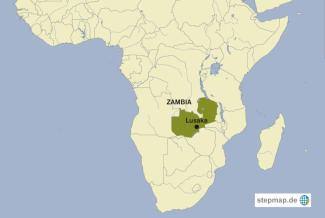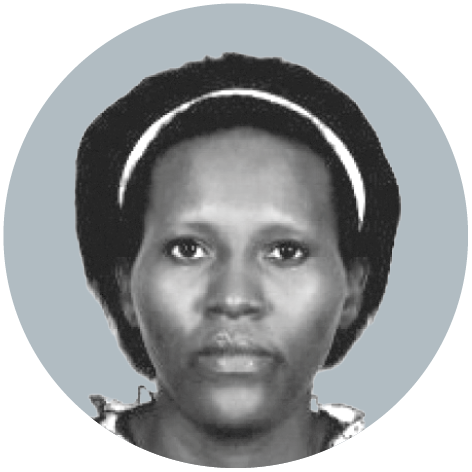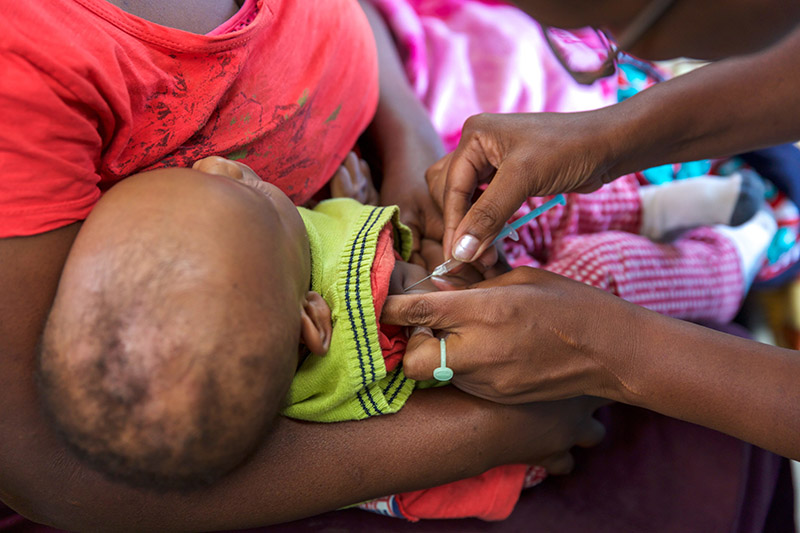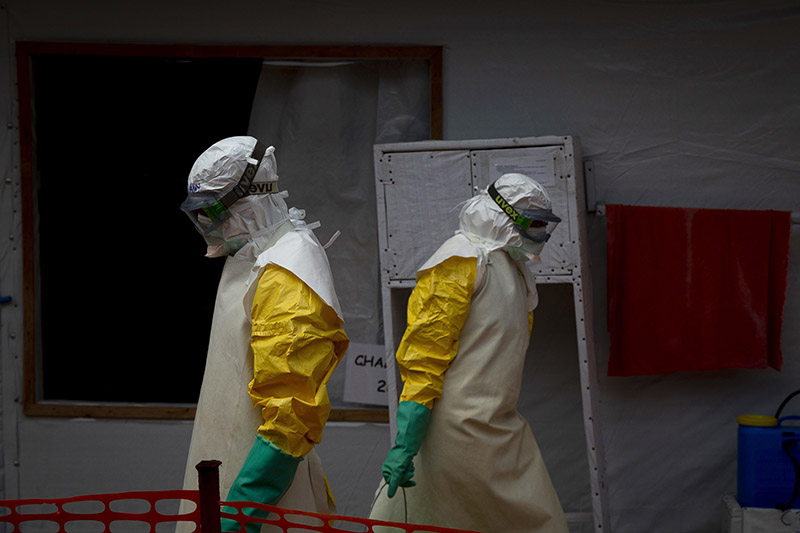Reintegration
New homes for orphaned children

The government-approved project is run by Catholic Care for Children in Zambia (CCCZ) at two of its facilities – St. Martin’s Children's Home in the Copperbelt province in the north and Lubasi Home in Livingstone in the southwest. So far, 48 children have been placed in families since the programme began two years ago. Another 12 are being prepared for transfer by the end of this year.
If successful, the transfers could be used as a model for more of the 8,335 children living in Zambian orphanages. Some are there because their parents died and no other family members were available to care for them. Others went to orphanages because their parents could not support them.
The pilot project looks for families – including the children’s own extended families – who are willing to take the children in. It then prepares the way for a successful reintegration, offering financial and other support to the host families.
“We assess whether the children will be embraced back and whether they are ready to be reintegrated,” says CCCZ project coordinator Sister Cecilia Nakambo. Support activities include drawing up the needed documents, preparing children to bond with their new families, and giving the families money for food, school fees, clothing and transportation.
In a second phase after children are placed, CCCZ will follow up with the host families, providing ongoing counselling as needed. In addition, the project trains staff at the two orphanages to support children in the transition. “We have carried out trainings such as case management, reintegration, trauma counselling and basic qualification to care for children,” Sister Nakambo says.
The children themselves receive extensive counselling. “We have counselled children against the effects of mental stress, and most of them are now coming out of the trauma they had been through,” says Charity Shaba, a senior psychosocial counsellor from Zambia’s Ministry of Community Development and Social Welfare.
The pilot project is being watched closely by other orphanages in Zambia. As the Coronavirus pandemic takes a financial toll, some institutions are considering similar reintegration programmes. One of them is the Home of David and Faith Orphanage, a privately run child care facility in Lusaka.
“We depend on well-wishers to feed and clothe the children in our care,” says manager Joe Mwikisa. “With Covid-19 effects, many of our funders are down financially. For this reason we feel child reintegration is the way to go.”
The government backs such efforts, as long as transfers are done responsibly. Transferring an institutionalised child to a family setting can mitigate the effects of having been orphaned or abandoned, says Shaba of the Social Welfare Ministry. “I feel that reintegration will help children to find their own family identity and discover who they are as individuals,” she says.
In a way, re-integrating orphans into communities is in line with age-old African cultural norms, under which children are raised by extended families and clans. In Shaba’s words, “what these children know so far is caregiver institutions; to them that is a normal way of life. In the near future, we will have family set-ups, which will be better.”
Derrick Silimina is a freelance journalist based in Lusaka. He focuses on Zambian agriculture and sustainability issues.
derricksilimina@gmail.com













